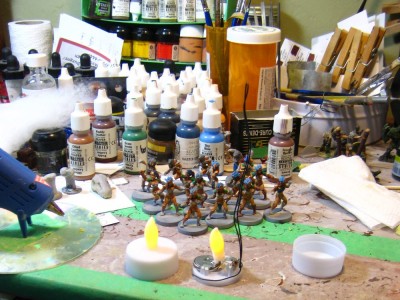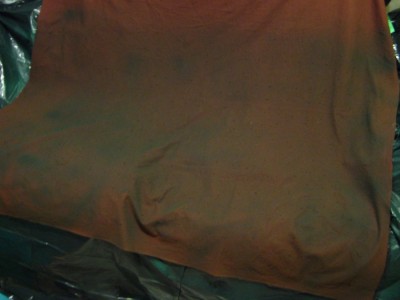The Guardian’s Pictures From The Past feature for Jan. 23 (yesterday) featured a photo of the former German Kaiser with his family in his well-known post-Great War Dutch exile — along with the note that “On 23 January 1920, the government of the Netherlands refused to extradite the former Kaiser of Germany, Wilhelm II. His aggressive foreign policy and support for Austro-Hungary in 1914 led to the first world war. After the signing of the Treaty of Versailles in 1919, he was charged with “a supreme offence against international morality and the sanctity of treaties” and the allies demanded his extradition. Queen Wilhelmina of the Netherlands refused and granted him political asylum.”
I hadn’t realized until then that, just like the much more famous post-WW2 Nuremberg Trials in Germany and similar trails in the Far East against Japan, there was an attempt at similar trials post-Great War – the Leipzig War Crimes Trials (Wikipedia link). The Dutch refusal to violate their neutrality and allow the extradition of the ex-Kaiser was part and parcel with the generally dismal performance of these trials – see all the details at the Wikipedia article.
I love finding new details about the post-Great War/Interwar era like this. Too many people (and textbooks…) rush straight through Great War/Versailles Treaty/Hitler/boom WW2 and ignore all the oddities of this fascinating era.
Why yes, the bachelor’s degree I never finished was probably going to be in History. Does it show much?




